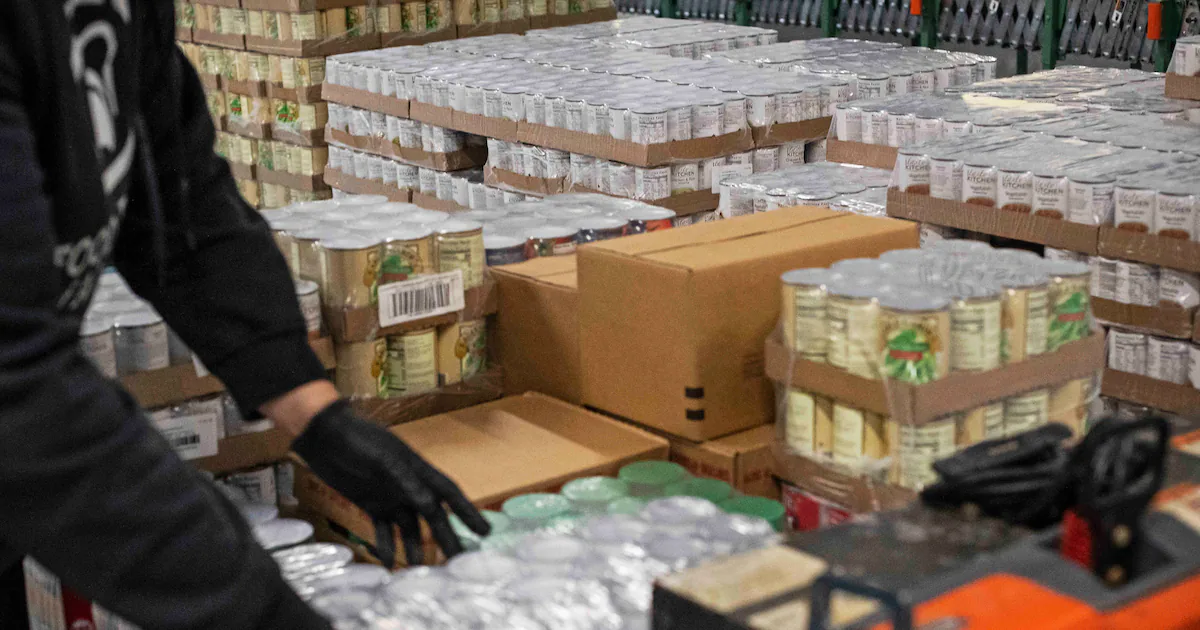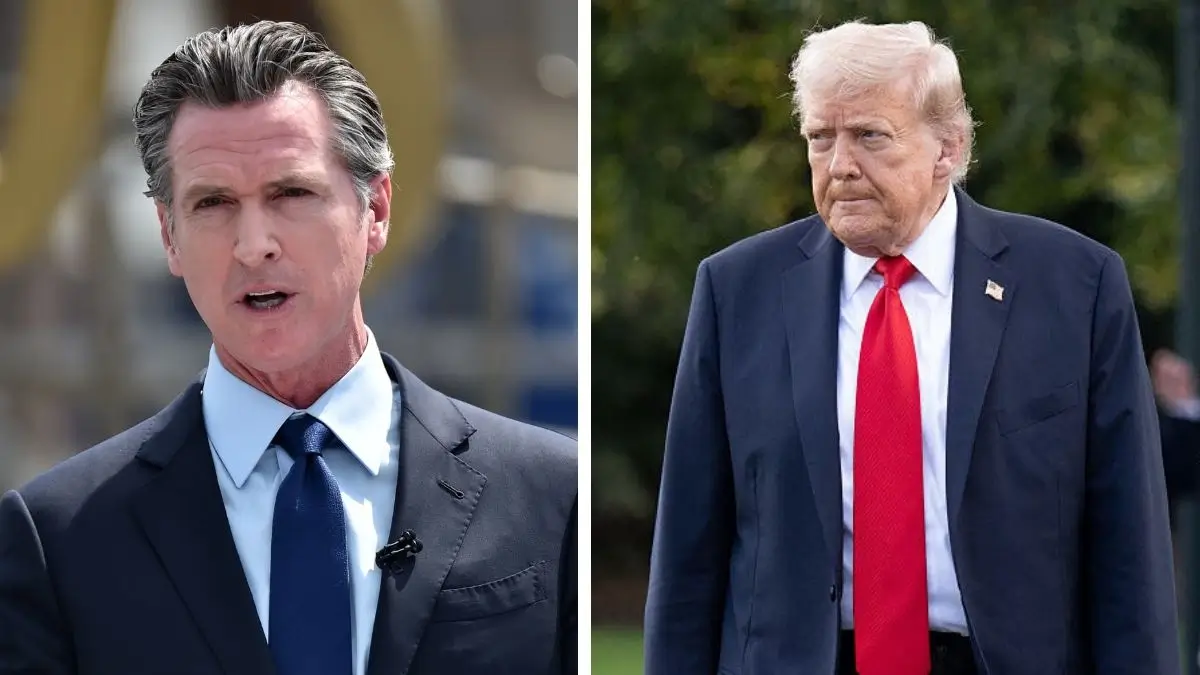Copyright Anchorage Daily News

More than 66,000 Alaskans could see federal food assistance cut off in November as the government shutdown enters its second month. Alaska receives more than $25 million in federal funding for its Supplemental Nutrition Assistance Program every month. The loss of that funding has put Alaskans who rely on the assistance on edge, with the administration of Gov. Mike Dunleavy saying it cannot take steps to alleviate the impending crisis. “The Dunleavy administration has looked for available funds that can be donated to food banks, but no funds have been identified,” Dunleavy spokesperson Jeff Turner said by email. Two dozen states have declared a state of emergency, added funding to their food banks, or appropriated state spending to replace the federal aid. Alaska is not among those states. Separately, 25 Democrat-led states have sued the Trump administration in an effort to compel it to spend reserve funding on November’s SNAP benefits amid the ongoing stalemate in Congress. Alaska is not among those states, either. Meanwhile, some Alaska lawmakers are contemplating steps to replace the federal assistance with state funding if neither the lawsuit nor Congress prevail in guaranteeing SNAP funding in November. “The SNAP situation is code red and we need to do everything possible to make sure that these benefits continue on in some form or fashion, assuming that the shutdown is going to be further prolonged,” said House Speaker Bryce Edgmon, a Dillingham independent, in an interview Thursday. Edgmon said that he and Senate President Gary Stevens, a Kodiak Republican, spoke with Dunleavy on Wednesday about the impending SNAP cutoff. “We’re in constant discussions about what opportunities can be out there,” Edgmon said. He said that a special legislative session may be on the table if the shutdown and SNAP funding freeze continue into next week. “We can’t let people go hungry, and so many Alaskans — nearly 70,000 — depend on this as a prominent way of putting food on their table. We have to look at it in that light,” said Edgmon. Alexei Painter, director of Alaska’s Legislative Finance Division, said during a Wednesday hearing that the state’s options to backfill the loss of federal assistance are limited. “There’s not a whole lot of options in lieu of an appropriation of general funds to that program,” said Painter, who provides nonpartisan advice to lawmakers on the state budget. To appropriate state funds to cover the lost federal funding, the Legislature would have to convene for a special session. Doing so immediately would require support from two-thirds of lawmakers. But even if they successfully convene a special session — itself a rare occurrence — the state has limited readily available funds to spend. One source of funding discussed during the Wednesday meeting of the House Health and Social Services Committee is the Constitutional Budget Reserve, which currently has roughly $3 billion meant to be used if the state’s regular revenue streams don’t meet its needs. To draw from it requires support from three-quarters of lawmakers — a threshold the Legislature has struggled to meet. “If you don’t do anything, then people are going to be starving,” said Rep. Neal Foster, a Nome Democrat who represents a district where many residents rely on SNAP, after attending the committee hearing. On Wednesday, Anchorage Democratic Sen. Bill Wielechowski sent a letter to Dunleavy and to state Attorney General Stephen Cox in which he criticized them for not joining the litigation challenging the Trump administration’s decision not to use reserve funds to cover November aid. Dunleavy’s spokesperson did not respond to a question on whether the governor supported the litigation. Instead, Turner blamed Senate Democrats for the shutdown. Alaska SNAP recipients “will have a harder time putting food on the table unless Democrats in the U.S. Senate vote to reinstate SNAP funding by Nov. 1,” he said. Democrats in Congress have called for the extension of health care subsidies as a condition for funding the government. Without action from Congress, the subsidies will expire at the end of the year, causing health insurance costs to skyrocket for thousands of Alaskans. Wielechowski said in an interview that joining the lawsuit against the Trump administration was “the biggest thing” the state could do to ensure food assistance to Alaskans in need, given challenges in providing state assistance. “If you have a governor, quite frankly, who is not supportive of a lawsuit on what’s pretty clearly a violation of the law, is he even going to sign (a state appropriation), or is he just going to go ahead and veto it?” Wielechowski said. Despite calling a special session “highly unlikely,” Wielechowski said he would support an expenditure from the Constitutional Budget Reserve. But he raised concerns about turning to the state to fund assistance that the federal government is legally obligated to provide. “I would first look to the federal government to solve this problem,” he said. “If the state’s going to get into a situation where we have to start funding every single thing that the federal government should be funding, that’s billions of dollars.” “There are a lot of critical things that need to be funded, and if the federal government is not going to fund those things, there is no way that the state can meet those obligations,” he added.



